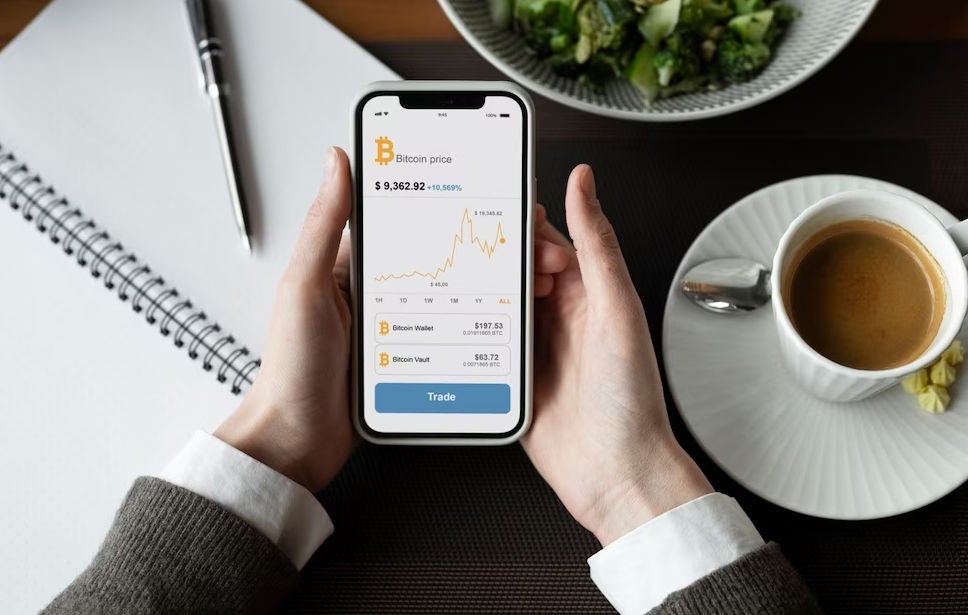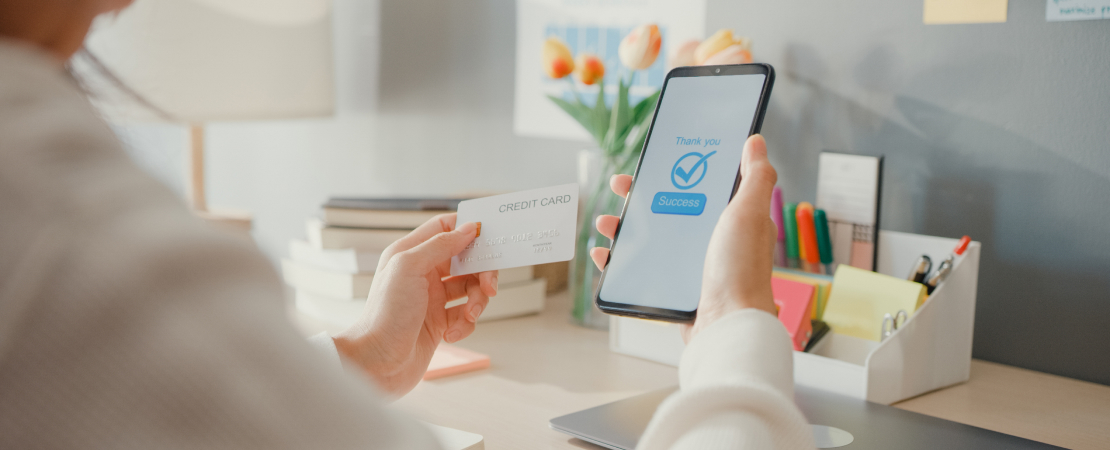Most Relevant
Learn to manage your products with FirstBank electronic services
Get to know the tools and services that Digital Banking offer has for you.
View articlePros and cons of renting or buying a home. Everything you need to know!
Make an informed decision between renting or buying a home.
View articleWhat are the differences between Public Liability Insurance and Compulsory Liability Insurance?
Learn about Public Liability Insurance, and Compulsory Liability Insurance.
View articleHow safe are banking applications?
Banking apps allow you to have direct access to your bank accounts through your cell phone or mobile device. However, this means that your bank account could be open to anyone who gains access to your phone.
Most financial institutions offer mobile banking applications that allow you to make payments for services and manage your money through a smartphone, while others only allow you to log in through a full version of their website.
Similarly, the text message functions give you notifications of your balance or a small report of your account status. This feature is less risky as it does not provide direct access to your accounts, and therefore, there is little a potential thief could do with this information alone.
As long as the login remains safe, whoever has your phone will not be able to access your mobile banking app. So don't panic, here's some valuable information that will help you protect your money.
What are the risks and threats of mobile banking?
Online banking accounts represent more than 90% of all fraud attempts as of 2021, and the majority of Puerto Ricans use their mobile devices to bank.
In this digital age, many cybercriminals are scamming bank customers through various new fraud techniques. Here, we’ll show you the most outstanding ones.

Most Relevant
Learn to manage your products with FirstBank electronic services
Get to know the tools and services that Digital Banking offer has for you.
View articlePros and cons of renting or buying a home. Everything you need to know!
Make an informed decision between renting or buying a home.
View articleWhat are the differences between Public Liability Insurance and Compulsory Liability Insurance?
Learn about Public Liability Insurance, and Compulsory Liability Insurance.
View articleBanking malware
Scammers hide malware (malicious software) in seemingly ordinary gaming applications. Once the user launches their legitimate banking app, the malware on their device is activated to create a fake version of the bank's login page and overlay it on top of the legitimate app.
After the customer enters their credentials on the fake login page, the Trojan sends the user back to the real login page of the banking app.
Fake banking applications
Scammers have been found designing scam apps that are identical to real banking apps. These apps provide an error message after the login attempt, and use smartphone permission requests to obtain and bypass the security codes that are texted to users.
Mistakes when using the mobile phone
Your wallet contains your credit cards, and many other important and personal items, so you probably wouldn't leave it unattended in your car or at a coffee shop. Since mobile devices nowadays contain as much sensitive data as your wallet, if not more, you need to protect them just as determinedly to avoid being a victim of theft.
Always lock your mobile phone right after use, sign out of the mobile banking app when you're done, and keep it in a safe place.
For added security, consider installing an antivirus app on your mobile phone, as well as a location tracking app, so you can locate your device if it's ever lost.
Connecting to public Wi-Fi
In an increasingly wireless and digital world, Wi-Fi makes it easy to complete your to-do list from the comfort of a coffee shop, library, hotel, or just about anywhere with a network. Public Wi-Fi is a great service that brings many benefits, but it can also pose a huge threat to the security of your bank account if it's not a secure network.
It’s not recommended to access your bank accounts from an open or public Wi-Fi network. By connecting a laptop or smartphone to a shared network, you may be creating a way for hackers to intercept sensitive data stored on your mobile device, such as passwords; and credit or debit card numbers.
Some tips to use your banking applications more safely
To avoid being a victim of fraud when you make banking transactions from your mobile phone, we recommend you to download applications endorsed by your bank. These are free to use and generally quick to download, without any compatibility issues with other software or programs.
You should also install quality security software on your smartphone. If you already have one installed, check that it offers a “remote wipe” option. This allows you to delete any data stored on the phone in case it’s ever lost or stolen.
You can also strengthen your mobile phone’s security by using a numerical password to lock the screen when you are not using it. It is also important that you make sure that your mobile phone's browser does not automatically enter your usernames or passwords on websites.
Another helpful tip is to turn off your mobile device's Bluetooth feature while you’re not using it, as this will stop any unsupervised wireless activity on your mobile phone.
The safest move is to avoid using banking apps when connecting to public Wi-Fi. But if you do need to, it's important that you use a virtual private network (VPN). A VPN allows you to work within a secure network, even when you are using public Wi-Fi. It's an effective way to protect your data from scammers, and ensure that your account information stays private.
At FirstBank, we provide you with specialized advice to guarantee your safety
Call us: 1-787-725-2511
Follow us:
Facebook https://www.facebook.com/firstbank/
Instagram @firstbank_pr
Visit us: https://www.1firstbank.com/vi/en
The contents in this section are provided for informational and educational purposes only and do not apply to all types of situations. The contents should not be construed as any type of advice or suggestion to take (or refrain from taking) any particular action, as it does not include or take into account all factors that may be relevant to your individual needs.



